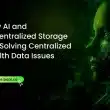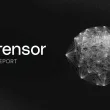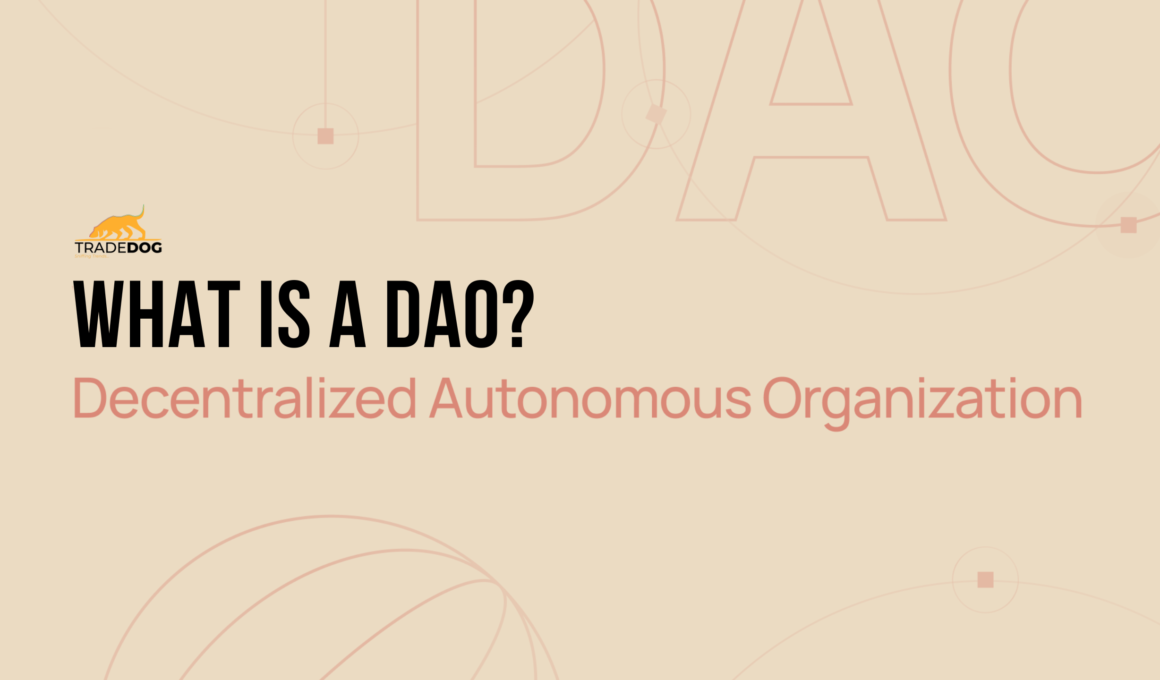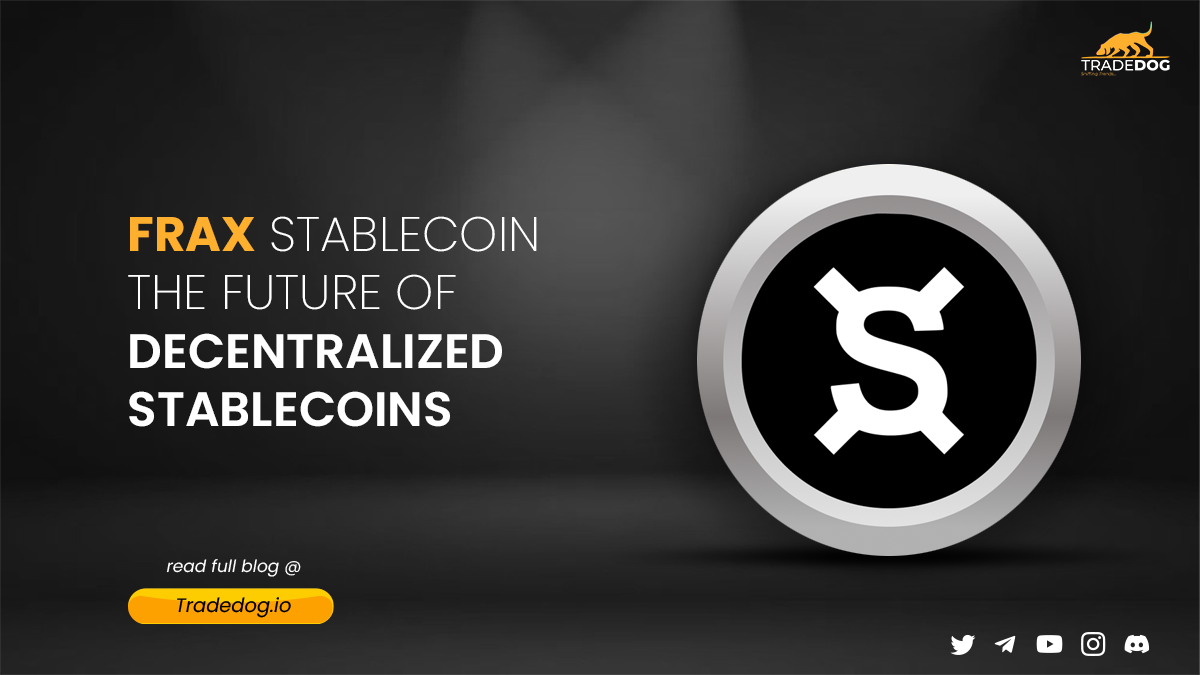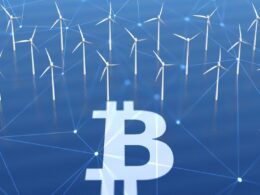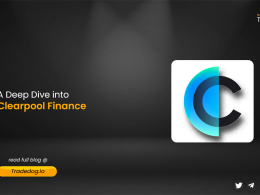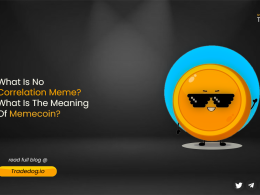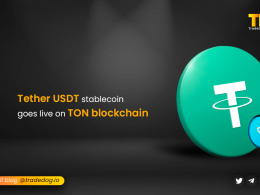Quick Links
DAOs are decentralized autonomous organizations that are powered by smart contracts on a blockchain. DAOs are self-governing and transparent, with no central points of control. This makes them ideal for running companies or organizations in a completely decentralized manner. They have the potential to revolutionize the way we do business, as they are much more efficient and trustworthy than traditional centralized organizations. They are still in their early stages of development, but they hold great promise for the future.
By eliminating the need for third-party intermediaries in transactions, DAOs could greatly reduce transaction costs and time.
In addition, they could provide a more secure way of doing business, as all activities within a DAO are recorded on an immutable blockchain ledger. With these potential benefits, it is no wonder that many companies and organizations are turning to DAOs to manage their operations. As the technology matures, we can expect even more innovative uses of it soon. It has the potential to revolutionize how businesses operate and create immense value for users across industries. The possibilities are endless!
In the near future, they may become even more useful as they can facilitate more complex transactions and interactions between users. For example, they could enable automated payments based on predetermined conditions. They could also provide more robust digital identity management systems that allow parties to securely do business with each other. Finally, they could open the door to autonomous organizations and distributed governance models in which humans no longer need to be involved in decision-making processes. As these possibilities continue to unfold, we can expect even greater advancements in the impact of DAOs for businesses around the world.
The potential of DAOs is vast and only beginning to be explored. This technology has immense promise and could revolutionize the way we do business. As the world continues to embrace these new technologies, we can expect further advancements in terms of what it can offer businesses and users alike. With this technology, there is no limit to the possibilities!
As more people realize the benefits that DAOs bring, more organizations will start to adopt them for their operations. This could result in a shift towards decentralized governance models and automated decision-making processes across many industries. In addition, it may also lead to increased trust and security among stakeholders because of its immutable nature. All these factors make DAOs an exciting prospect for businesses around the world.
Advantages of DAO
DAO, or digital asset ownership, offers several advantages over traditional asset ownership. First, it is more efficient. There is no need for a centralized authority to manage the assets. Instead, the DAO contract simply allows holders of the asset to vote on how it should be used. This eliminates the need for costly middlemen and allows decisions to be made quickly and democratically. Second, it is more secure. Because there is no central authority controlling the assets, there is no single point of failure that can be exploited by hackers. Finally, it is more transparent. All transactions are recorded on blockchain technology, making it easy for anyone to see how the DAO is being used. This transparency builds trust between its members and helps to prevent fraud and corruption. Overall, it provides a superior model for asset ownership that offers many advantages over traditional ownership structures.
The disadvantages of DAO
DAOs have several potential disadvantages. First, they are immutable, meaning that once they are created, they cannot be changed. This can be a problem if the DAO’s code contains errors or if it needs to be modified for some reason. Second, DAOs are subject to the same security risks as any other decentralized application. If a hacker is able to gain access to the DAO’s contract code, they could potentially wreak havoc on the DAO’s operations. Finally, it relies heavily on cooperation among its members. If members of a DAO do not trust each other or cooperate well, it may not function as intended. As a result, it faces some significant challenges that need to be addressed before it can become widely used.
In conclusion, they offer many advantages over traditional asset ownership, but they also come with some risks and challenges. It is important that organizations evaluate the potential benefits and risks of using a DAO before committing to it. By doing so, they can ensure that their organization is well-prepared to take advantage of this revolutionary technology. With the right resources and knowledge, it can help businesses increase efficiency, security, and transparency while reducing costs. As the technology matures, we can expect to see even more innovative uses of DAOs in the near future. Therefore, now is the time to embrace this revolutionary technology and explore its potential benefits.
Characteristics of DAO
DAOs are a type of decentralized autonomous organization. They are organizations that are run by code, not by people. They can exist on the internet, on blockchains, or in any other digital space. DAOs are transparent and borderless. They are also egalitarian, meaning that everyone has an equal say in how the DAO is run.
DAOs are DAOs because of the following four characteristics: they are decentralized, they are autonomous; they are open-source, and they are distributed.
Decentralization in a DAO context means that there is no head honcho making all the decisions. Instead, everyone who participates in the DAO has an equal say in how things are run. This is usually accomplished through some sort of voting system so that everyone’s voices can be heard and considered fairly.
Autonomy in business means that the company is not controlled by any one person or organization. Instead, it is controlled by code. This code can be written by anyone, and it can be amended by anyone. This allows for a lot of creativity and flexibility when it comes to how the company is run.
Open-source means that its code is available for anyone to see and use. This transparency helps to promote trust in the DAO.
Distributed means it is not physical; it exists online or in some other digital space. This allows DAOs to be borderless and accessible to anyone with an internet connection.
What are the Top 3 DAOs?
Here are three of the most exciting DAOs in operation today:
1: Aave (AAVE)
Aave is a decentralized lending protocol built on Ethereum and uses a decentralized autonomous organization (DAO) for governance. This means that it is operated by AAVE token holders, who vote on changes to the protocol.
It determines lending rates and matches lenders to borrowers. Lenders earn interest for depositing cryptocurrency assets into liquidity pools, while borrowers pay interest for borrowing amounts from these pools.
2. Uniswap (UNI)
Decentralized exchanges are an important part of the Ethereum ecosystem. They allow for the peer-to-peer exchange of ERC20 tokens and provide users with greater control over their funds. Uniswap is one of the most popular decentralized exchanges, and its DAO allows for community governance and funding of new features.
DAO is composed of three pools: the community pool, the developer pool, and the liquidity pool. The community pool is used to fund marketing and outreach initiatives, while the developer pool is used to finance the ongoing development of the Uniswap platform. The liquidity pool is used to provide liquidity to traders on the platform. UNI tokens are used to vote on proposals and earn rewards from the DAO. As a result, UNI holders have a direct say in how the Uniswap platform is maintained and improved.
3. MakerDAO (MKR)
It is a DAO that issues a stablecoin called Dai. Dai is pegged to the US dollar, making it a great choice for international trade or as a store of value. MakerDAO also offers collateralized loans, which can stabilize the value of Dai or provide liquidity in times of need.
These DAOs are just the tip of the iceberg. As blockchain technology matures, new and innovative DAOs will solve a variety of problems. It’s an exciting time for DAO enthusiasts and anyone interested in exploring this new form of organization. Stay tuned to see what solutions emerge!
Conclusion
They are a revolutionary form of organization that offers many advantages over traditional asset ownership. Which allows them to be more resilient and adaptable than traditional organizations. Furthermore, they can be set up quickly and cheaply and operate in any legal jurisdiction. As the technology matures, we can expect to see even more innovative uses of DAOs in the near future. Therefore, now is the time to embrace this revolutionary technology and explore its potential benefits.
We believe in the power of DAOs to revolutionize how organizations operate and to create a more democratic, transparent, and equitable world. DAOs have the ability to radically change how we interact with one another and could very well be the future of governance.

